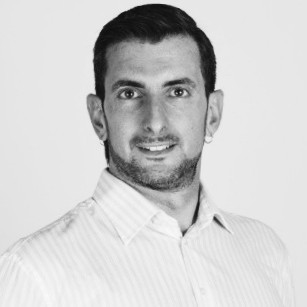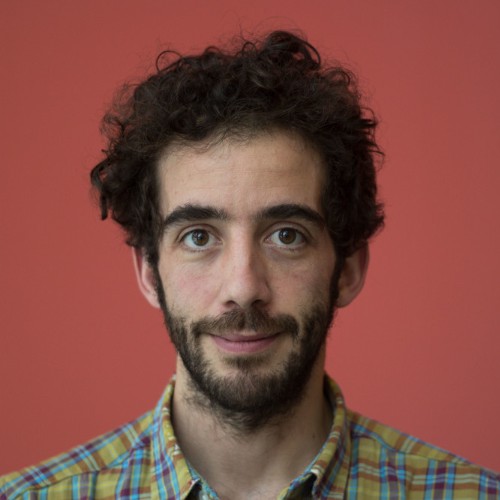A not-for-profit association
BONSAI (Big Open Network for Sustainability Assessment Information) is a not-for-profit association, with the objective of maintaining open data and open source software to produce transparent and reproducible “product footprints”. Funding is based on commitments from governments, industries and charities, and supplemented by crowd-funding.
While having a central secretariat, much of the development work is performed in independent projects that contribute specific parts of the overall system. Therefore, BONSAI cannot work without the involvement of a large number of voluntary contributors.
As part of the business plan and implementation of the organisation we formulate technical and managerial policies, targets and procedures in an open and collaborative process. Reliability of data storage, performance of data access, and preservation of data into the future, are important objectives that are maintained via distributed data storage. The history of data and algorithm changes are maintained for retrieval and re-construction.
Contribute
If you wish to support our work, consider becoming a member of the BONSAI non-profit association by contributing with an annual membership fee of 150 €. A membership gives voting right in the General Assembly, where decisions about the future strategy and development of the organisation are taken.
A reduced annual fee of 50 € can be granted to active members of the BONSAI network. We consider active members people that contribute towards reaching the goal of the organisation, for example contributing to working groups or initiating new ones based on our strategy and work plan. Active membership is certified by one of the board members.
Contribution may also be agreed to in the form of a sponsorship.
Statutes
The BONSAI network stretches beyond the non-profit organisation. If you want to read more about the members and the activities of the BONSAI network check our BONSAI GitHub page.
